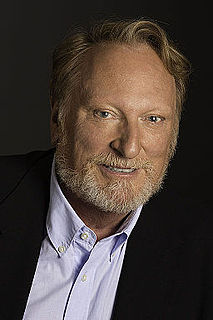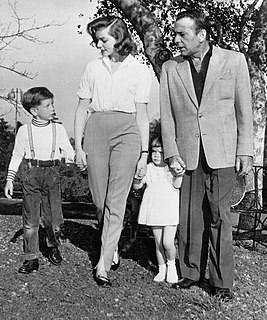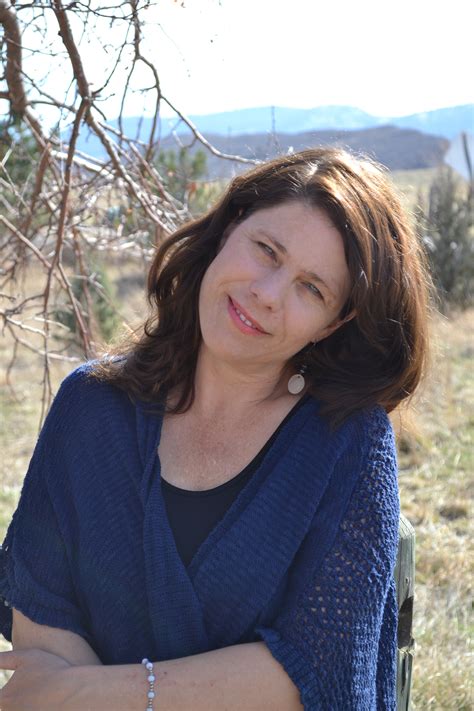A Quote by John Lee Hancock
I just hope, every now and then, the studios still slip one of my movies in.
Related Quotes
In the '60s and '70s it was a great period for American films because studios were still run by individuals who worked off the seat of their pants and went along with things. At that time, they were very uncertain about what to make because of the influence of television. A lot of really terrific movies were made. But then the studios gradually became more corporate and were owned by corporations and run in that way and now they're very nervous. You see what they make - sequels, franchises and try not to take risks.
I got on Twitter because it was a way to express guitar and surfing, and who I was, but now - it's still fun, and I can do that - but I think it's more of a business. I thought it was a personal thing that actors could do themselves, but now it's become a tool that studios are trying to use to sell their movies.
It's a tough time for screenwriters right now, because fewer movies are getting made. I'm enjoying television so much. It offers opportunities for writers to be in a writers' room and work their way up. It's somewhat easier because there's more of a community. There are so many screenwriters with incredible stories to tell, so I hope there will be some kind of shift in the business where very few types of movies are now made by the studios. There needs to be different budgets for different audiences; not everything having to be a huge opening weekend.
And then the spirit brings hope, hope in the strictest Christian sense, hope which is hoping against hope. For an immediate hope exists in every person; it may be more powerfully alive in one person than in another; but in death every hope of this kind dies and turns into hopelessness. Into this night of hopelessness (it is death that we are describing) comes the life-giving spirit and brings hope, the hope of eternity. It is against hope, for there was no longer any hope for that merely natural hope; this hope is therefore a hope contrary to hope.
Our Pavlovian response to movies has gotten to its lowest point ever. You look at a lot of movies that are successful and a lot of movies that studios hold up as examples and you go, 'My God, that isn't even a story. It isn't even two acts. It's eight set pieces drawn out with slow motion.' The difficulty for me was that you had to hope that people were interested in this kind of a story.





































